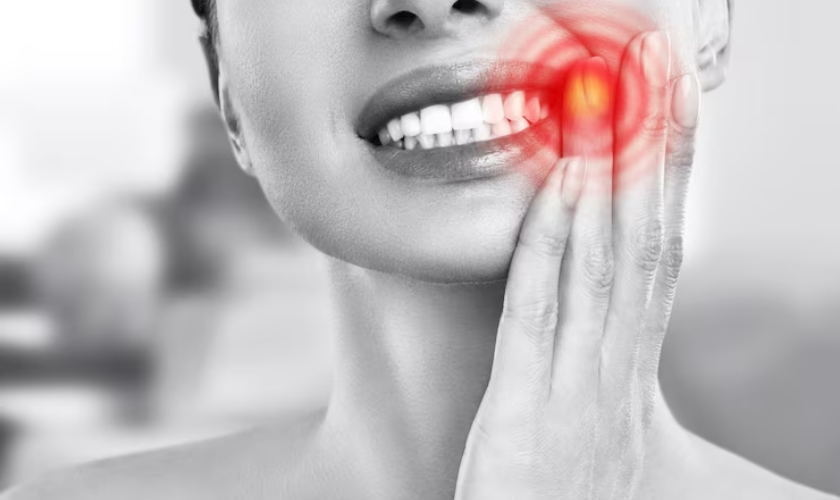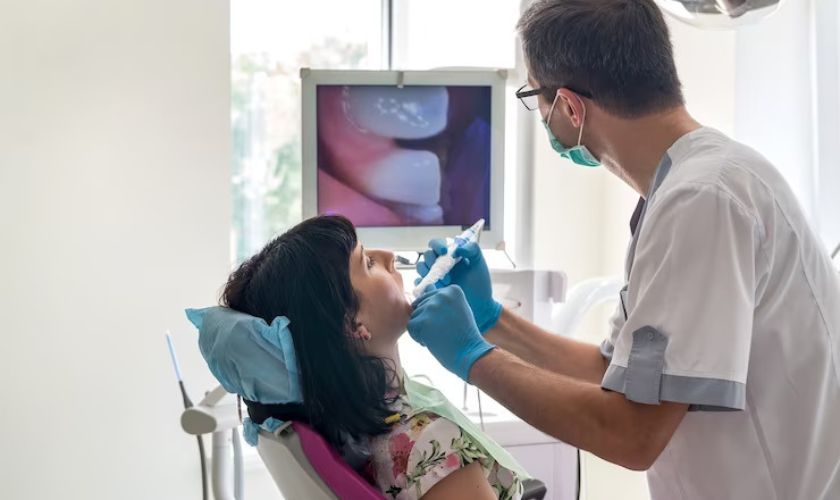
Oral Cancer Screening: How It Can Save Your Life
April 26, 2023
Oral Cancer Screening
Oral cancer is a deadly disease that can affect anyone, regardless of age or lifestyle. In fact, it’s estimated that over 50,000 people in the United States will be diagnosed with oral cancer this year alone. The good news is that early detection through regular oral cancer screening can increase your chances of survival and recovery. In this blog post, we’ll explore what oral cancer is, its risk factors and why getting screened for it regularly can save your life!
What is Oral Cancer?
Oral cancer, also known as mouth cancer or oral cavity cancer, is a type of cancer that typically develops on the lips, tongue, cheeks, gums and roof of the mouth. It occurs when abnormal cells in these areas start to grow uncontrollably and form tumors.
The symptoms of oral cancer may vary depending on where it is located in the mouth. Some common signs include persistent sores or ulcers that don’t heal within two weeks, red or white patches inside the mouth, difficulty swallowing or chewing food and unexplained bleeding or numbness in the mouth.
Oral Cancer Risk Factors
Oral cancer is a serious disease that can affect anyone. However, certain factors increase the risk of developing this condition. Understanding these risk factors can help you take steps to reduce your chances of developing oral cancer.
Tobacco use is one of the most significant risk factors for oral cancer. This includes smoking cigarettes and using smokeless tobacco products like chewing tobacco or snuff. The longer you use tobacco, the higher your risk of developing oral cancer becomes.
Alcohol consumption also increases the risk of oral cancer, especially when combined with tobacco use. Heavy drinkers who are also smokers have an even greater chance of developing this disease.
Human papillomavirus (HPV) infection is another factor that increases the likelihood of developing oral cancer. HPV-related cancers often occur at the back of the throat or in the tonsils.
Other potential risk factors include a weakened immune system, poor nutrition, and excessive sun exposure to lips.
It’s important to note that having one or more risk factors does not necessarily mean you will develop oral cancer. However, being aware of these risks and making lifestyle changes where possible can significantly decrease your chances of experiencing this type of illness.
Why Oral Cancer Screening is Important
Oral cancer is a serious disease that affects thousands of people every year. Unfortunately, many people are not aware of the potential risks and do not take proactive steps to prevent it. This is where oral cancer screening comes in – it’s an important tool that can help detect early signs of the disease and ultimately save lives.
One of the main reasons why oral cancer screening is so crucial is because early detection greatly increases the chances of successful treatment. When caught in its earliest stages, oral cancer has a very high cure rate – up to 90% according to some estimates. However, if left untreated or undetected for too long, it can easily spread throughout the body and become much more difficult to treat.
Another reason why regular screenings are essential is that many people with oral cancer show no obvious symptoms during its initial stages. This means that without proper testing by a healthcare professional, they may never even know they have the disease until it’s too late.
Additionally, certain risk factors such as smoking or excessive alcohol consumption increase one’s likelihood of developing oral cancer significantly – making regular screenings especially important for those who engage in these behaviors.
There are numerous benefits to getting screened regularly for oral cancer including increased chance of successful treatment and peace of mind knowing you’re taking control over your health.
How Often Should You Get a Screening for Oral Cancer?
Regular oral cancer screenings are crucial in detecting and treating oral cancer at its earliest stages. But how often should you get a screening for oral cancer? The frequency of screenings may vary depending on an individual’s risk factors, medical history, and lifestyle.
For individuals who have a higher risk of developing oral cancer due to smoking or alcohol use, it is recommended to get screened once every six months. Others with lower risk factors may only need to be screened once a year during their regular dental check-up.
It’s important to note that age can also increase the risk of developing oral cancer. As we age, our bodies become more vulnerable to disease and infection. Therefore, older adults should continue getting regularly screened even if they don’t exhibit any symptoms or changes in their mouth.
If there are any changes or abnormalities detected during your screening, your dentist may recommend additional follow-up appointments for further testing or treatment.
It’s best to consult with your healthcare provider about your personal risk factors and determine the appropriate frequency for oral cancer screenings based on that information. Early detection through regular screenings can save lives by increasing the chances of successful treatment outcomes!
What to Expect During a Screening for Oral Cancer
When it comes to oral cancer screening, many people might feel anxious or uncertain about what to expect during the procedure. However, understanding what happens during a screening can help you prepare mentally and emotionally.
During your appointment for an oral cancer screening, your dentist or healthcare provider will examine your mouth thoroughly. They will look for any signs of abnormal tissue growth, such as red or white patches on the gums, tongue or cheeks. The doctor may also feel inside your mouth and throat for any unusual lumps or bumps.
In addition to a physical exam, some screenings may involve other tests such as using special dyes that highlight suspicious areas in the mouth. In some cases, a biopsy may be done if anything looks concerning.
It’s important to note that oral cancer screenings are typically painless with few risks involved. While there is no guaranteed way to prevent oral cancer entirely, early detection through regular screenings can significantly improve treatment outcomes.
Knowing what to expect during an oral cancer screening can ease any apprehension you may have before going into the appointment. By staying proactive with preventative measures like routine checkups and good dental hygiene practices at home, you’ll take important steps towards protecting yourself against this serious disease.
Conclusion
Oral cancer screening is a vital component of maintaining good overall health. By regularly getting screened for oral cancer, you can catch any potential issues early on and increase your chances of successful treatment. Remember to discuss your risk factors with your dentist or healthcare provider and schedule regular screenings as recommended based on your individual needs. Taking the time to prioritize preventative measures like oral cancer screening could ultimately save your life. Don’t wait until it’s too late – schedule an appointment today!
Recent Posts
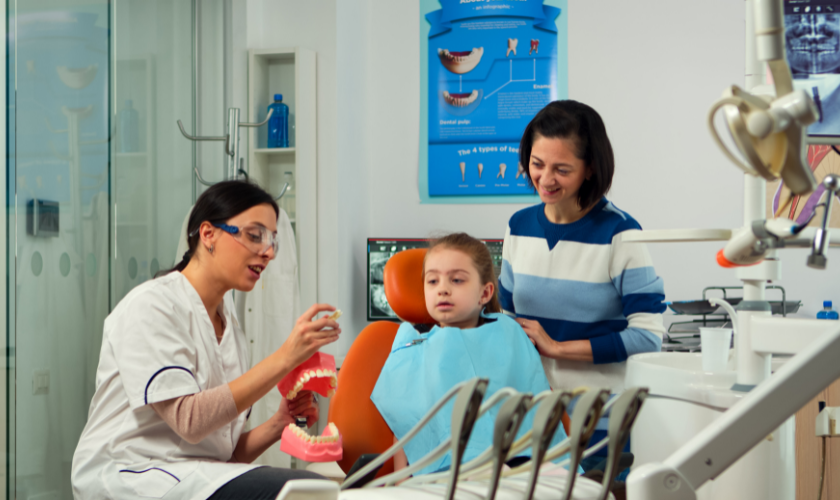
Top 5 Tips for Choosing the Right Pediatric Dentist
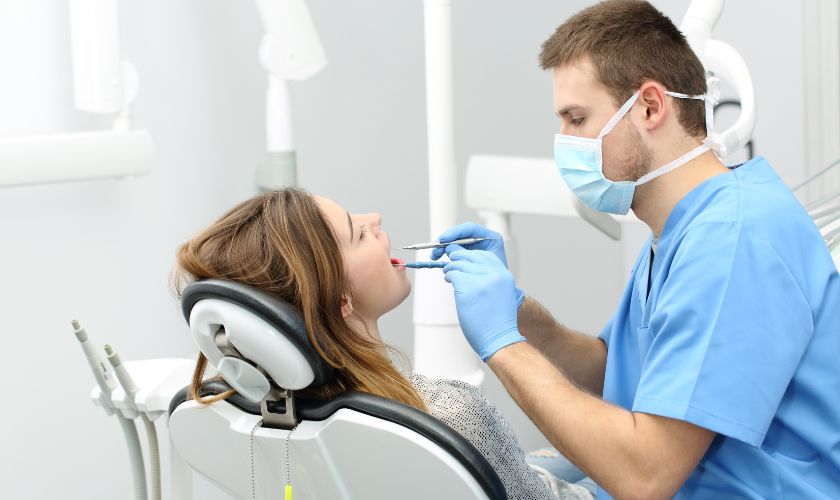
Dental Emergencies: Don’t Suffer in Silence, Get Fast Relief
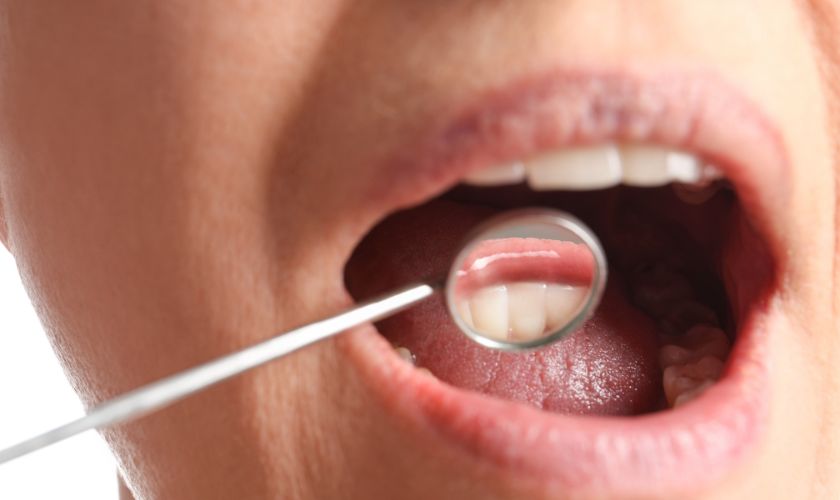
Oral Cancer: Know the Signs and Symptoms for Early Detection
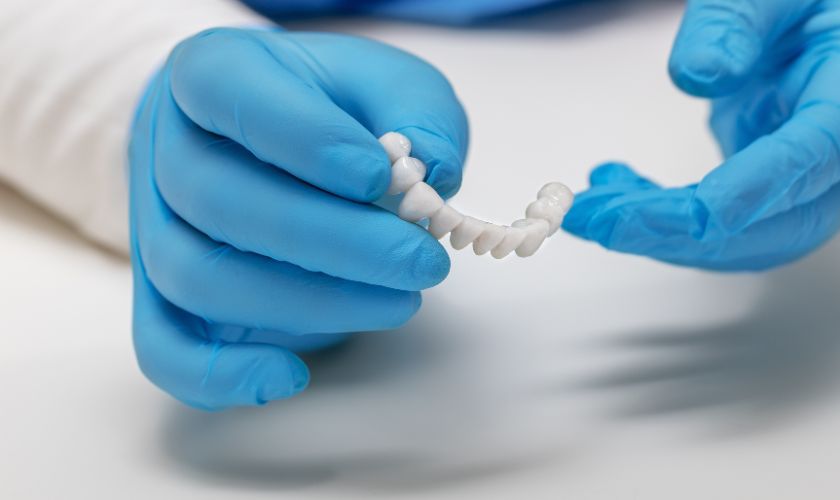
Understanding the Role of Dental Crowns in Oral Health
